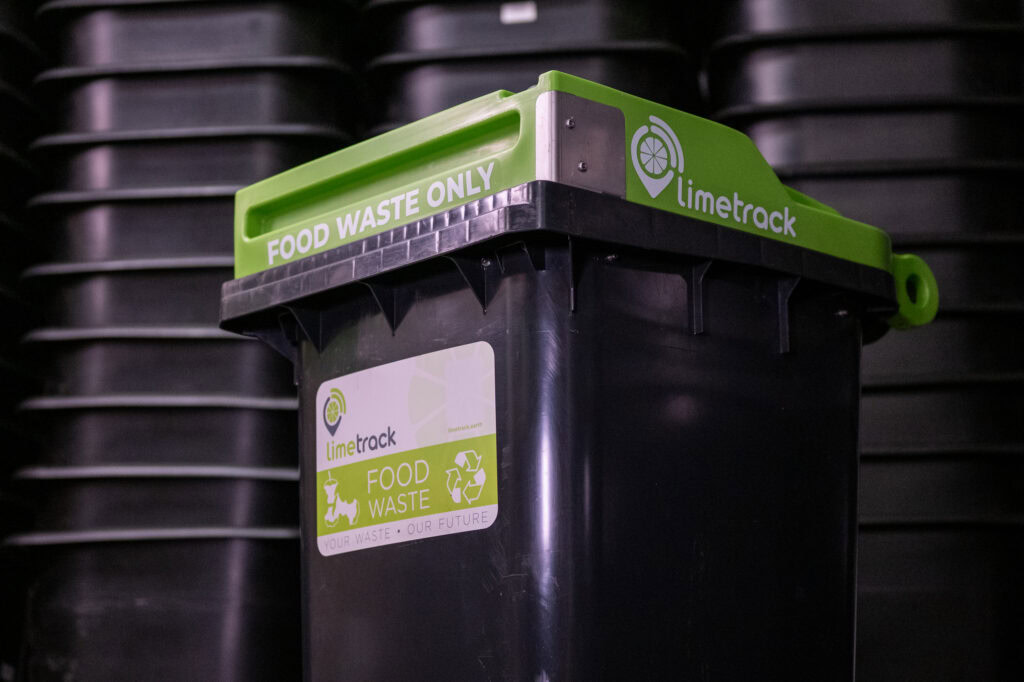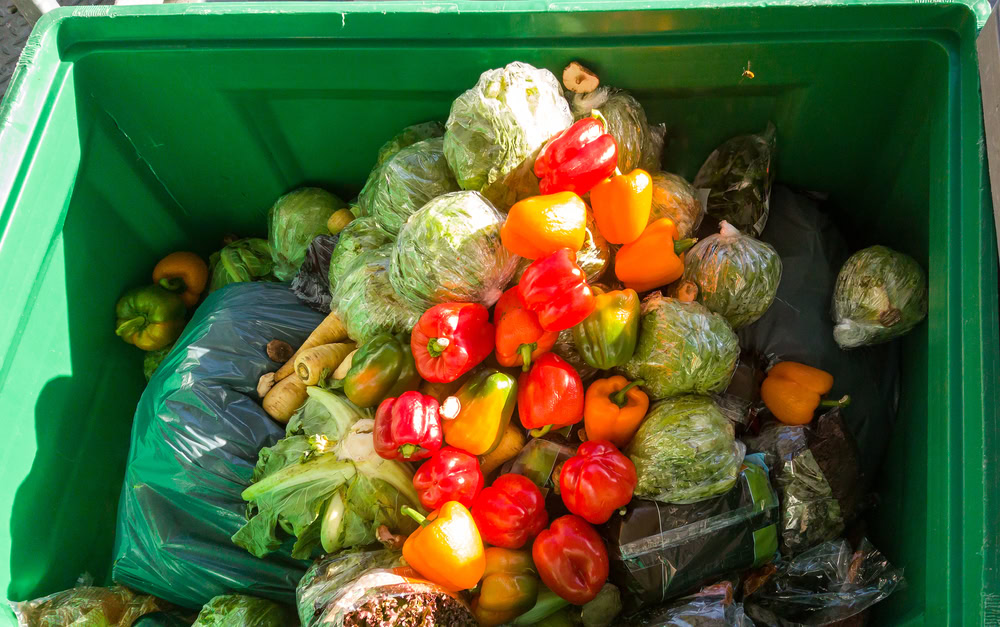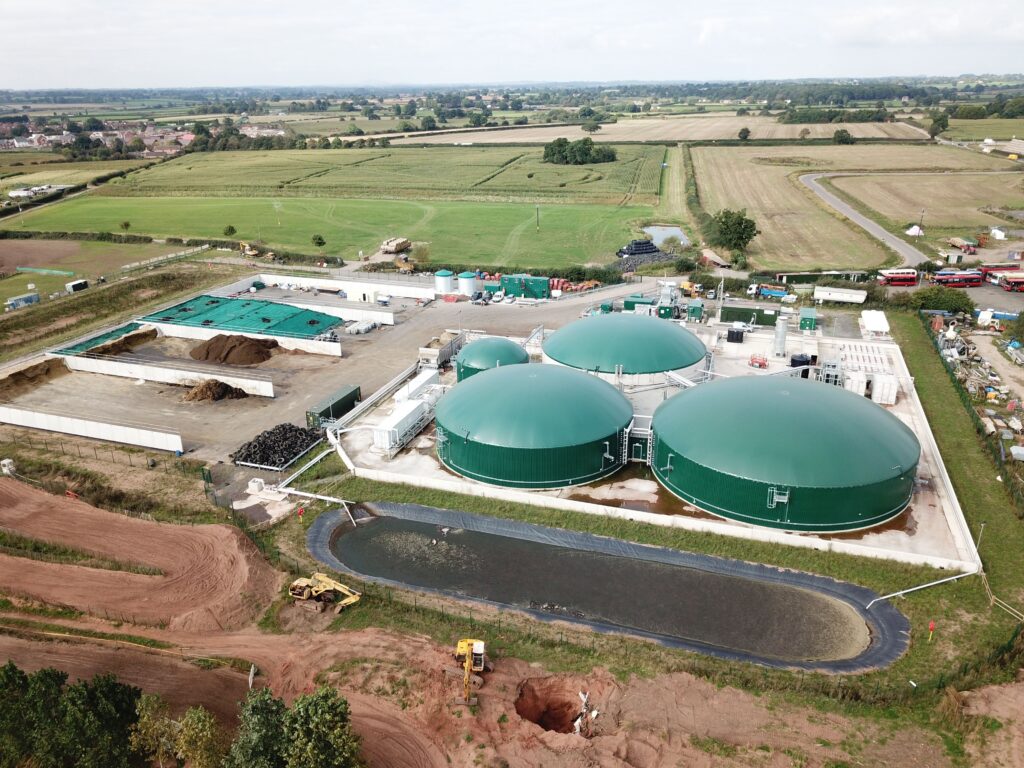The paper, which is expected to lead to a law by the end of March 2003, sets strict controls for the composting of catering – or 'kitchen' – waste. The main thrust of the paper is that the composting treatment must include a first stage where the material is enclosed for a week, and a second stage, which can be outside, lasting at least 11 days.
Composting systems would also have to meet time, temperature and particle size restrictions and land where compost is applied could not be grazed for two months, the paper proposed.
Targets
DEFRA said: “The government has set targets to recycle or compost at least 25% of household waste by 2005. Permitting the composting and biogas treatment of catering waste containing meat will help create a more sustainable treatment and recovery chain for biodegradable waste.”
Following 2001's foot-and-mouth outbreak, the UK banned the use of compost made using catering waste because of the risk that animals would bring partially-composted and infected meat products into the food chain. This consultation paper has been eagerly awaited since the publication in May 2002 of a risk assessment on which the paper's proposals are based.
The proposals of the consultation paper confirm that the UK plans to go further than the minimum required by the forthcoming EU Animal By-Products Regulation. This law will come into force on April 30, 2003, allowing the composting of catering waste which contains meat and low-risk animal by-products.
“Unnecessary”
However, the Composting Association today hit out at the government for its “unnecessary over-regulation”. Chief executive Jane Gilbert said: “The prescriptive techniques proposed in the consultation go much further than is seen necessary in mainland Europe and will make the composting of these wastes prohibitively expensive.
“In the short-term this amendment order actively promotes the high-risk strategy of landfilling catering wastes and in the longer term actively encourages incineration.” The Association said it would be consulting “extensively” with its members in the coming months over the consultation paper's proposals.
Cost
The EU Animal By-Products Regulation requires catering waste to be composted in a 'c;losed composting reactor.' The UK government is currently debating with the EU whether this term could apply to a housed windrow as well as in-vessel systems, but the consultation document estimated the costs for both options.
Continued on page 2…








Subscribe for free